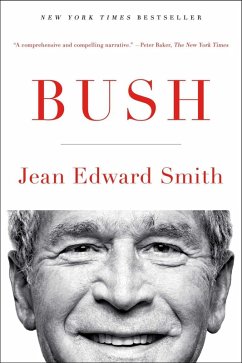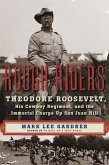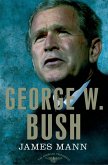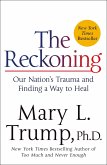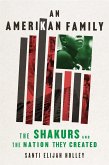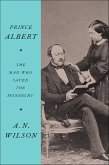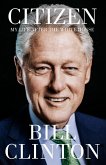A Washington Post Notable Nonfiction Book of the Year Distinguished presidential biographer Jean Edward Smith offers a "comprehensive and compelling" (The New York Times) account of the life and presidency of George W. Bush, showing how he ignored his advisors to make key decisions himselfmost disastrously in invading Iraqand how these decisions were often driven by the President's deep religious faith. George W. Bush, the forty-third president of the United States, almost singlehandedly decided to invade Iraq. It was possibly the worst foreign-policy decision ever made by a president. The consequences dominated the Bush Administration and still haunt us today. In Bush, a "well-rounded portrait…necessary and valuable in this election year" (The Christian Science Monitor), Jean Edward Smith demonstrates that it was not Dick Cheney, Donald Rumsfeld, or Condoleezza Rice, but President Bush himself who took personal control of foreign policy. Bush drew on his deep religious conviction that important foreign-policy decisions were simply a matter of good versus evil. Domestically, he overreacted to 9/11 and endangered Americans' civil liberties. Smith explains that it wasn't until the financial crisis of 2008 that Bush finally accepted expert advice. As a result, he authorized decisions that saved the economy from possible collapse, even though some of those decisions violated Bush's own political philosophy. "An excellent initial assessment of a presidency that began in controversy…and ended with the international and domestic failures that saddled Bush with the most sustained negative ratings of any modern president" (Dallas Morning News), this comprehensive evaluation will surely surprise many readers. "Written in sober, smooth, snark-free prose, with an air of thoughtful, detached authority, the book is nonetheless exceedingly damning in its judgments about George W. Bush's years in office" (The Washington Post).
Dieser Download kann aus rechtlichen Gründen nur mit Rechnungsadresse in A, B, BG, CY, CZ, D, DK, EW, E, FIN, F, GR, HR, H, I, LT, L, LR, M, NL, PL, P, R, S, SLO, SK ausgeliefert werden.

